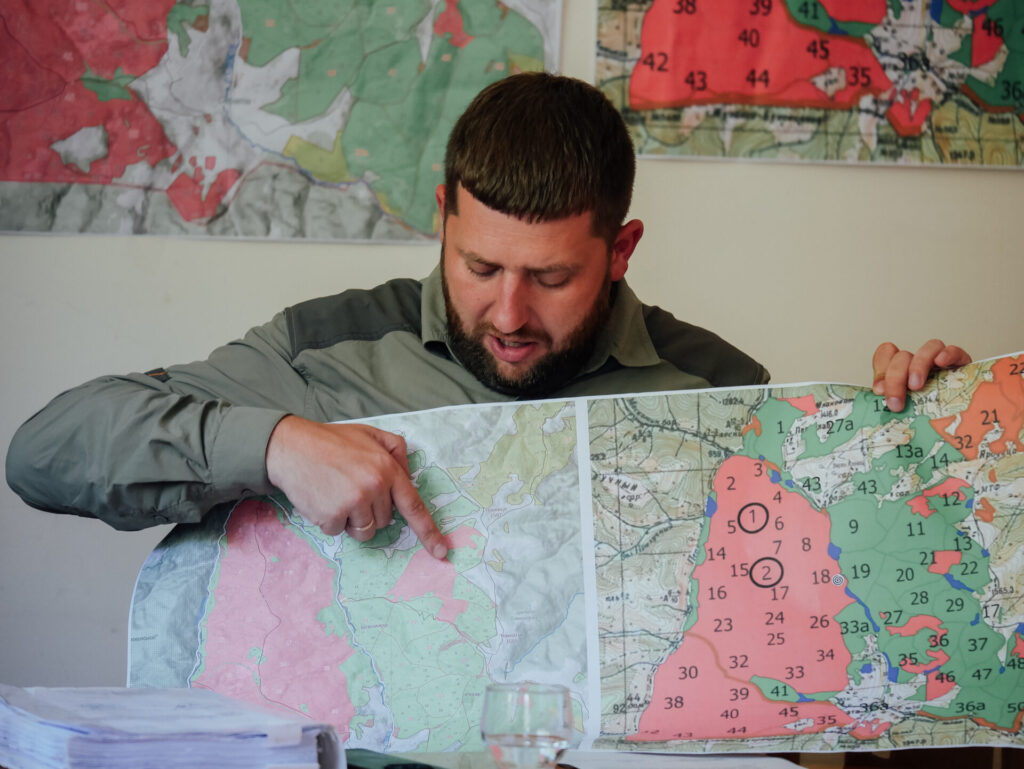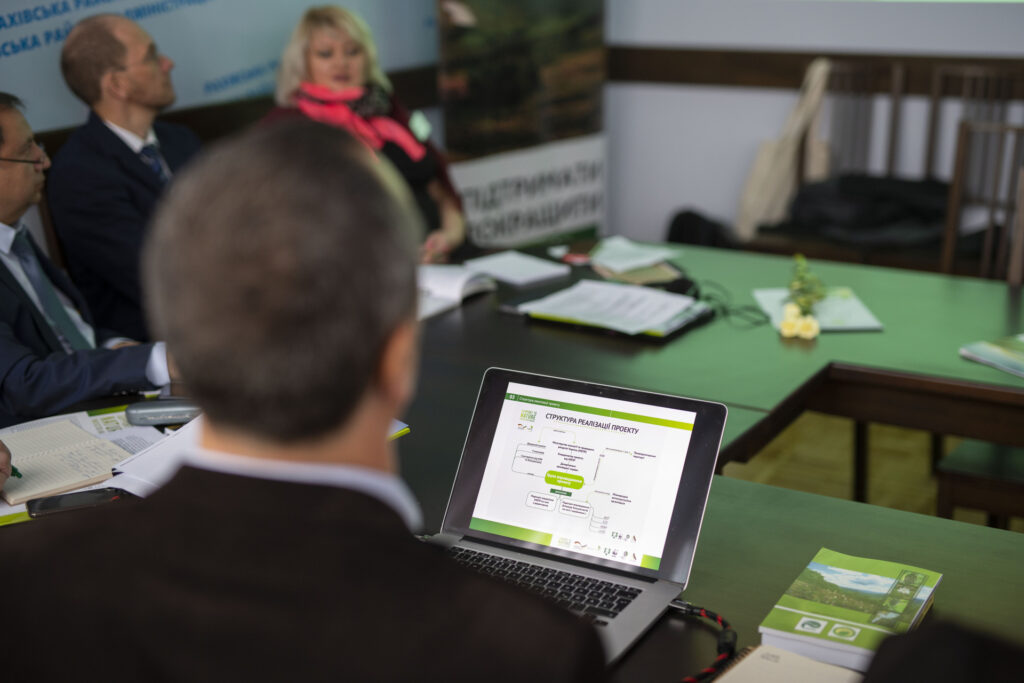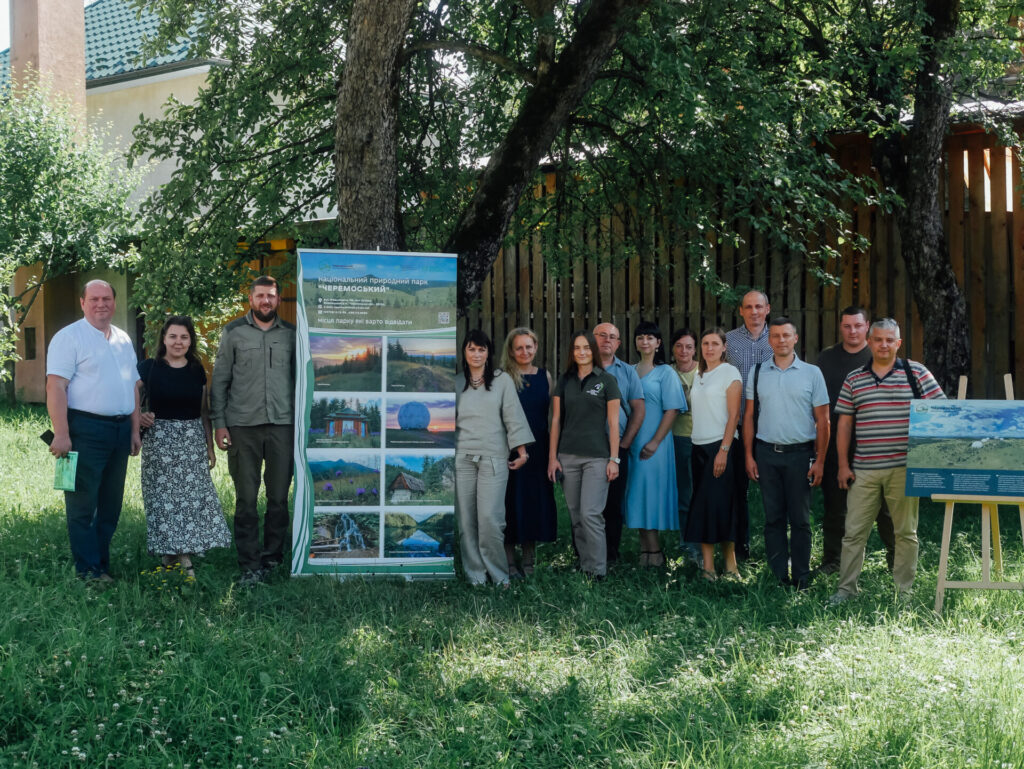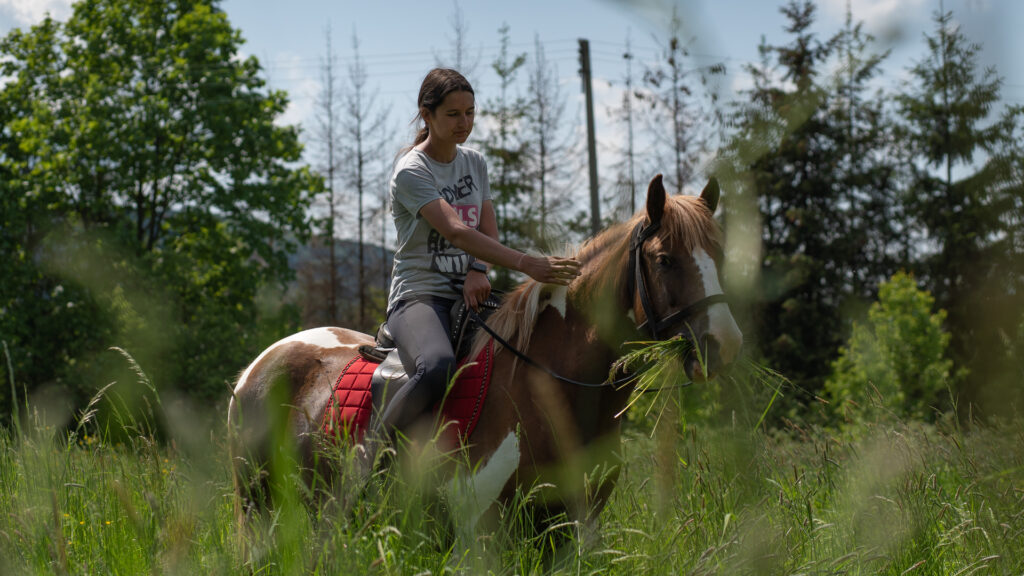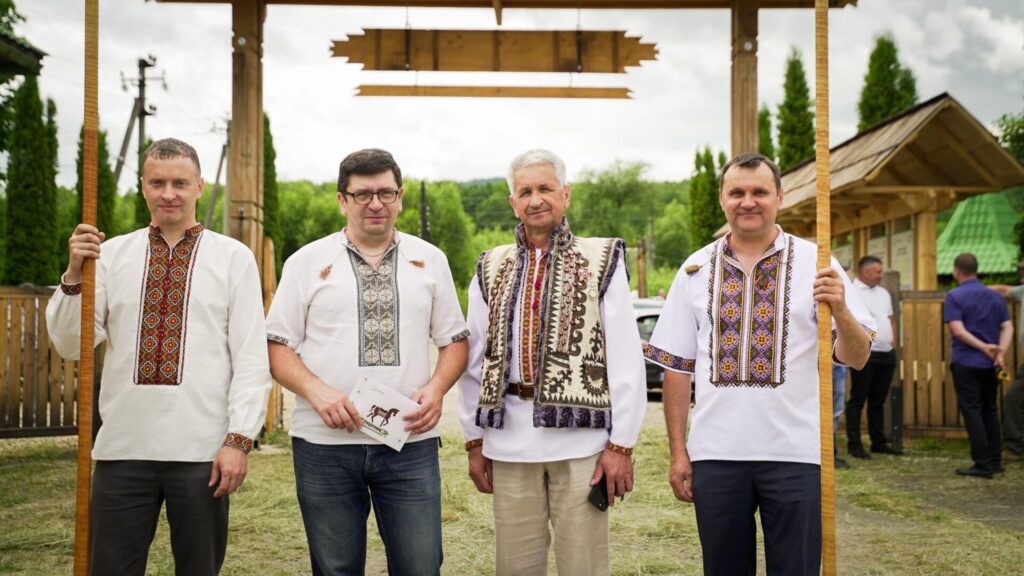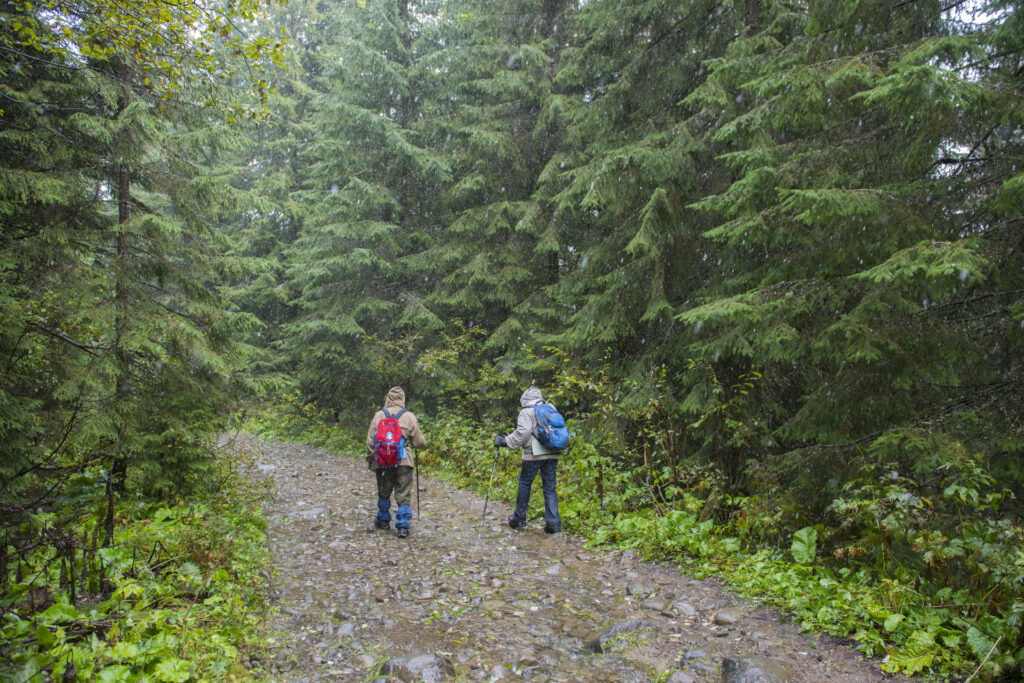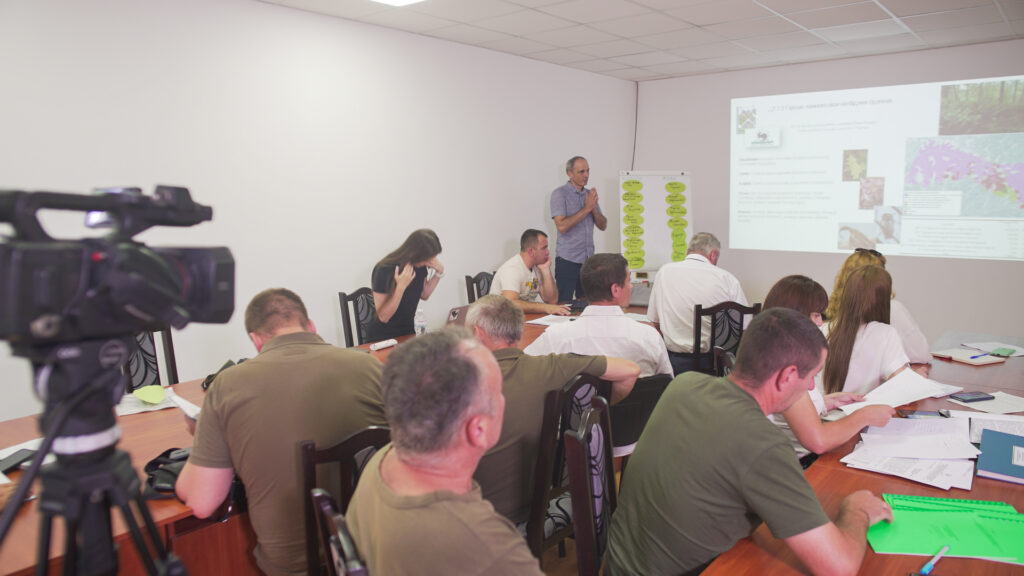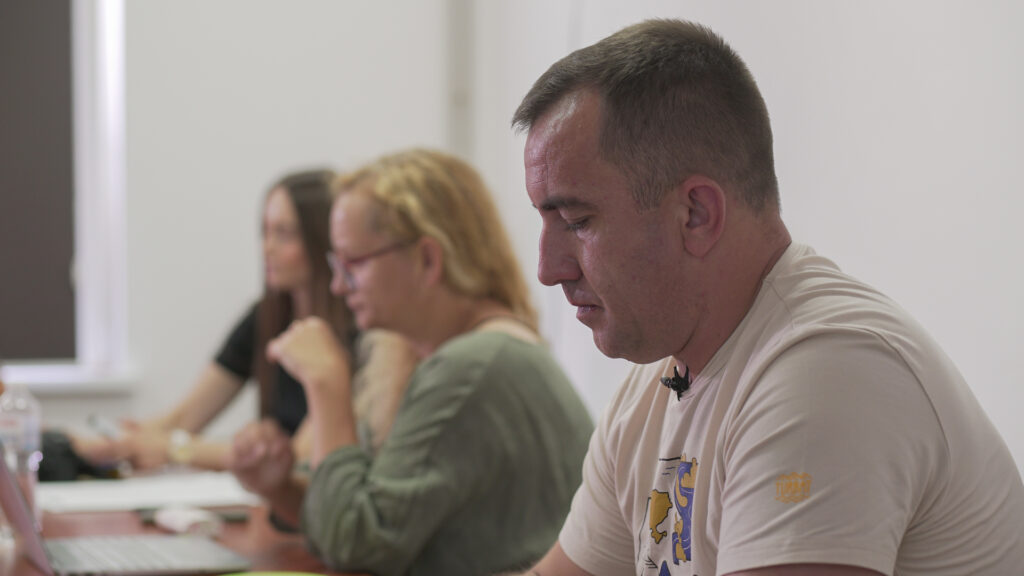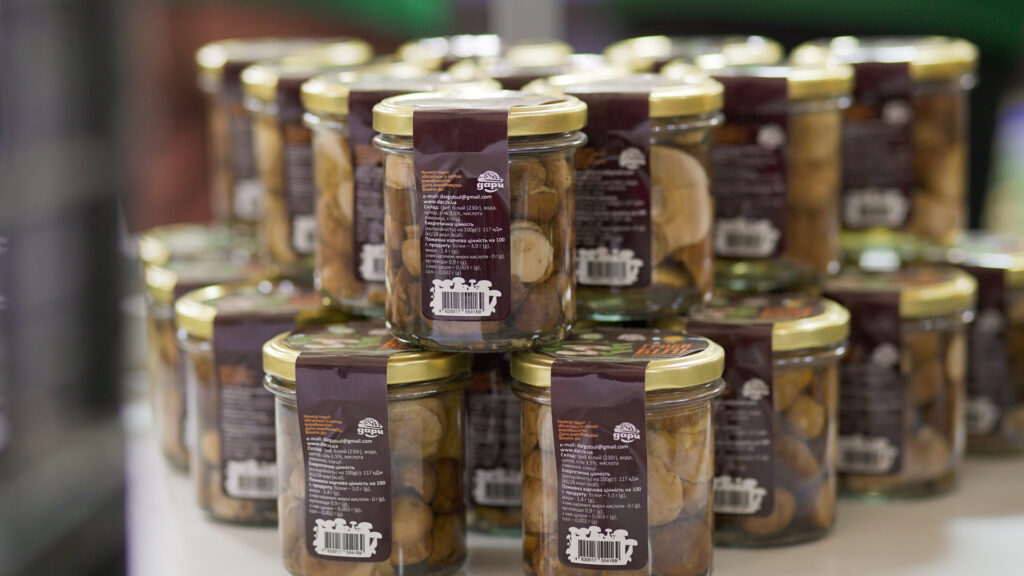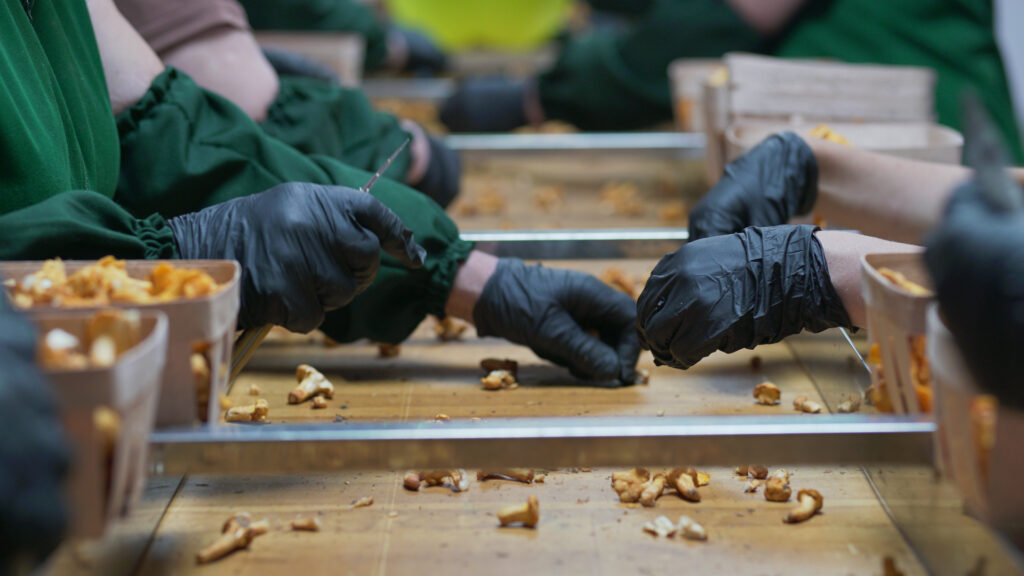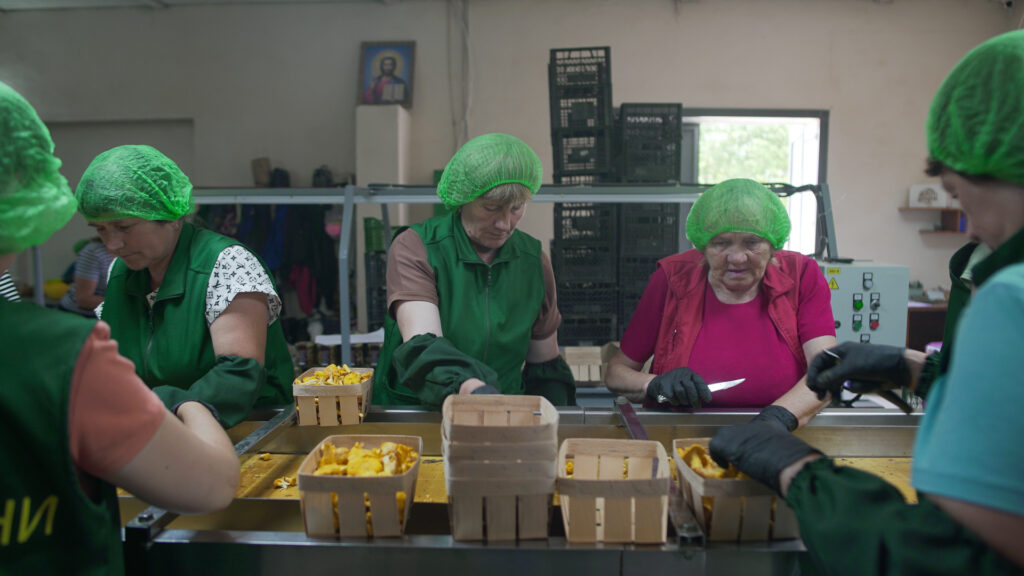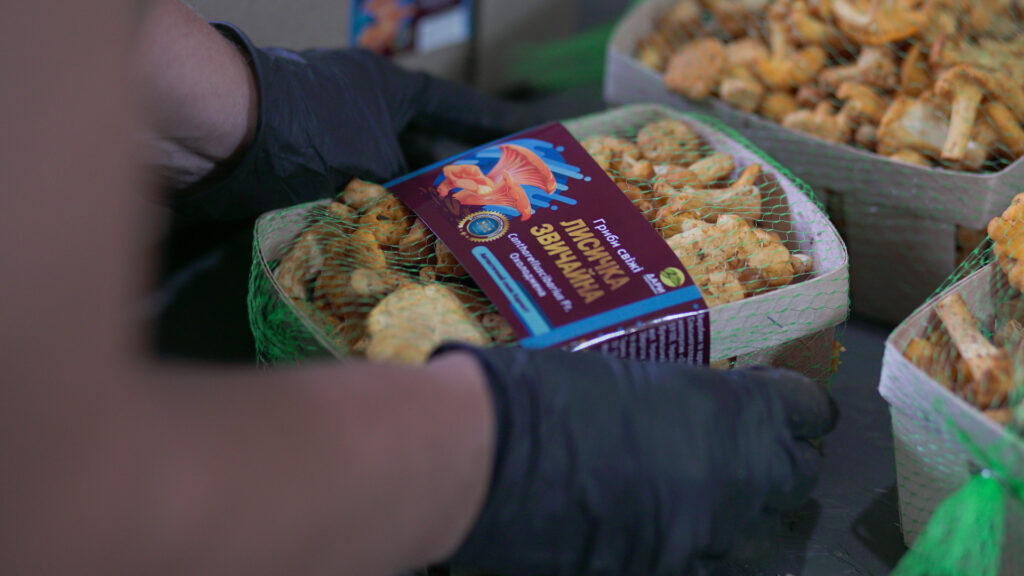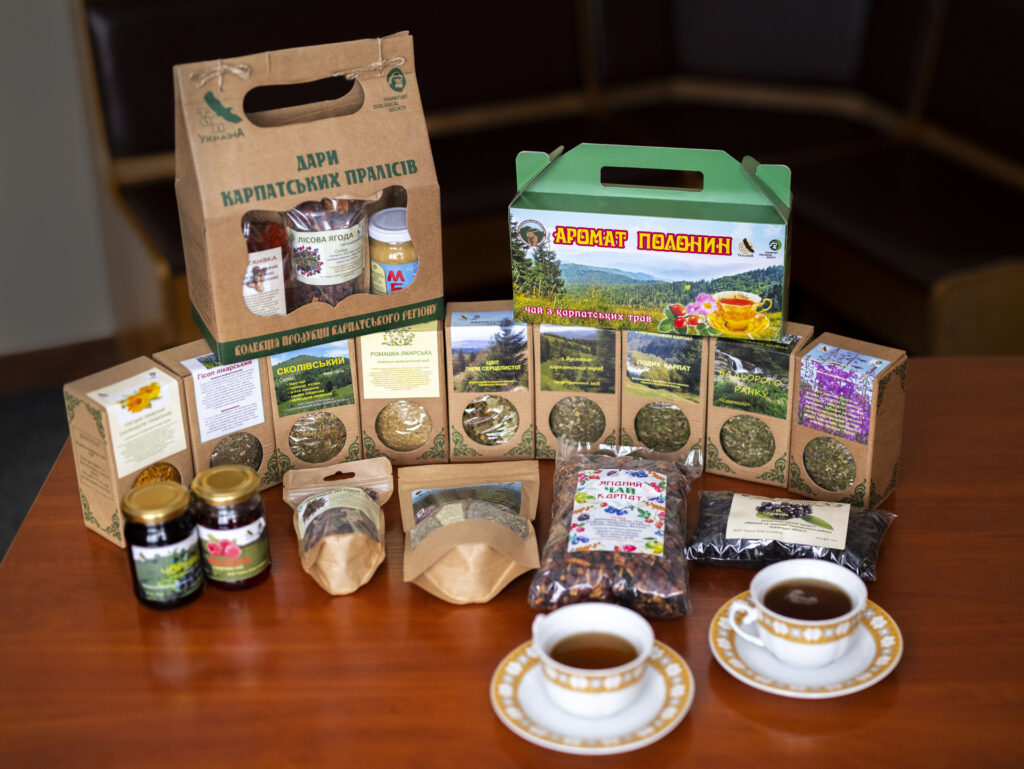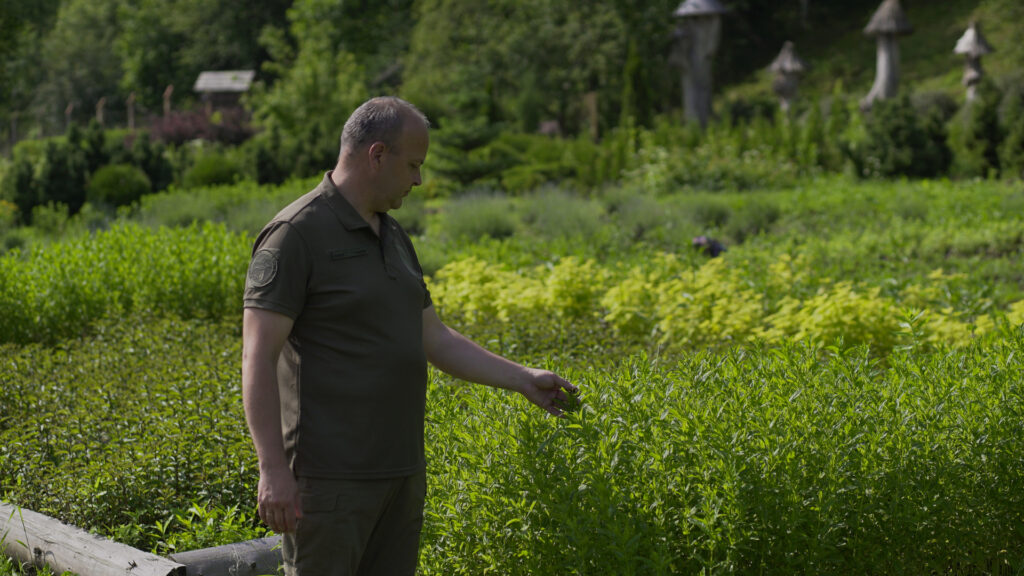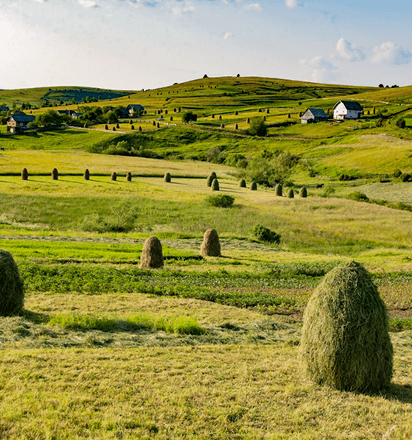The following nature-friendly business initiatives — supported and helped to launch by the Frankfurt Zoological Society — are currently in active implementation:
Hutsulshchyna National Nature Park – Establishment of a Hutsul Horse Center.
This project aims to create a center within the park focused on the conservation and breeding of the endangered Hutsul horse, while also offering tourism services. Currently, the park keeps 11 horses. The center will promote the preservation and multiplication of the breed, along with horse-related tourist experiences.
Boikivshchyna National Nature Park – Processing of wild herbs and plants under the brand “Boikiv Dar.”
Cheremskyi National Nature Park – “Gifts of Hutsulshchyna” wild plant processing initiative.
FZS supports the organization of a continuous processing cycle for wild plants (mushrooms, berries, forest herbs) gathered in the Cheremskyi region. The goal is to produce high-quality, certified products. Harvesting is done safely and traditionally by local residents, with no negative impact on biodiversity. It is also carried out in compliance with legal quotas, including those within the boundaries of the Cheremskyi park.
Zacharovanyi Krai National Nature Park – Launch of a bicycle rental service.
Skolivski Beskydy National Nature Park – Production of herbal teas under the “Pralisy” brand.
Operating since 2015, the business now offers 12 core products, including herbal and fruit teas made from plants collected or grown within the park, as well as dried berries and spices.
